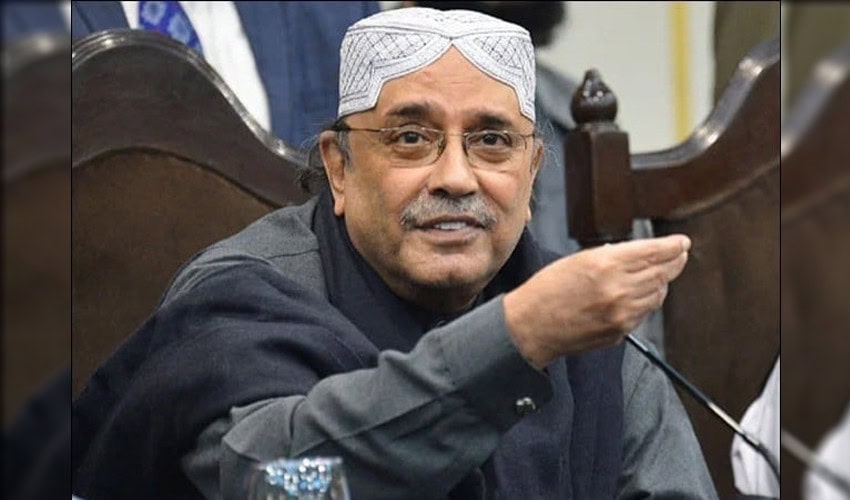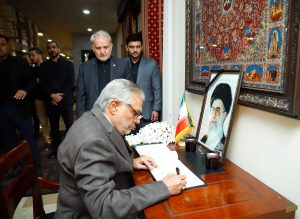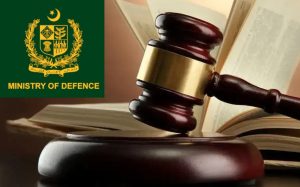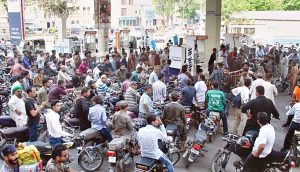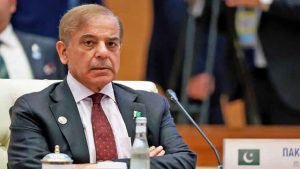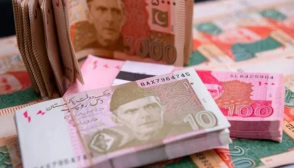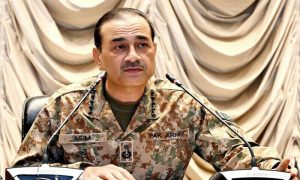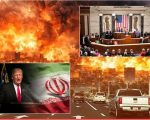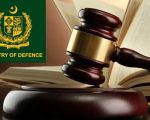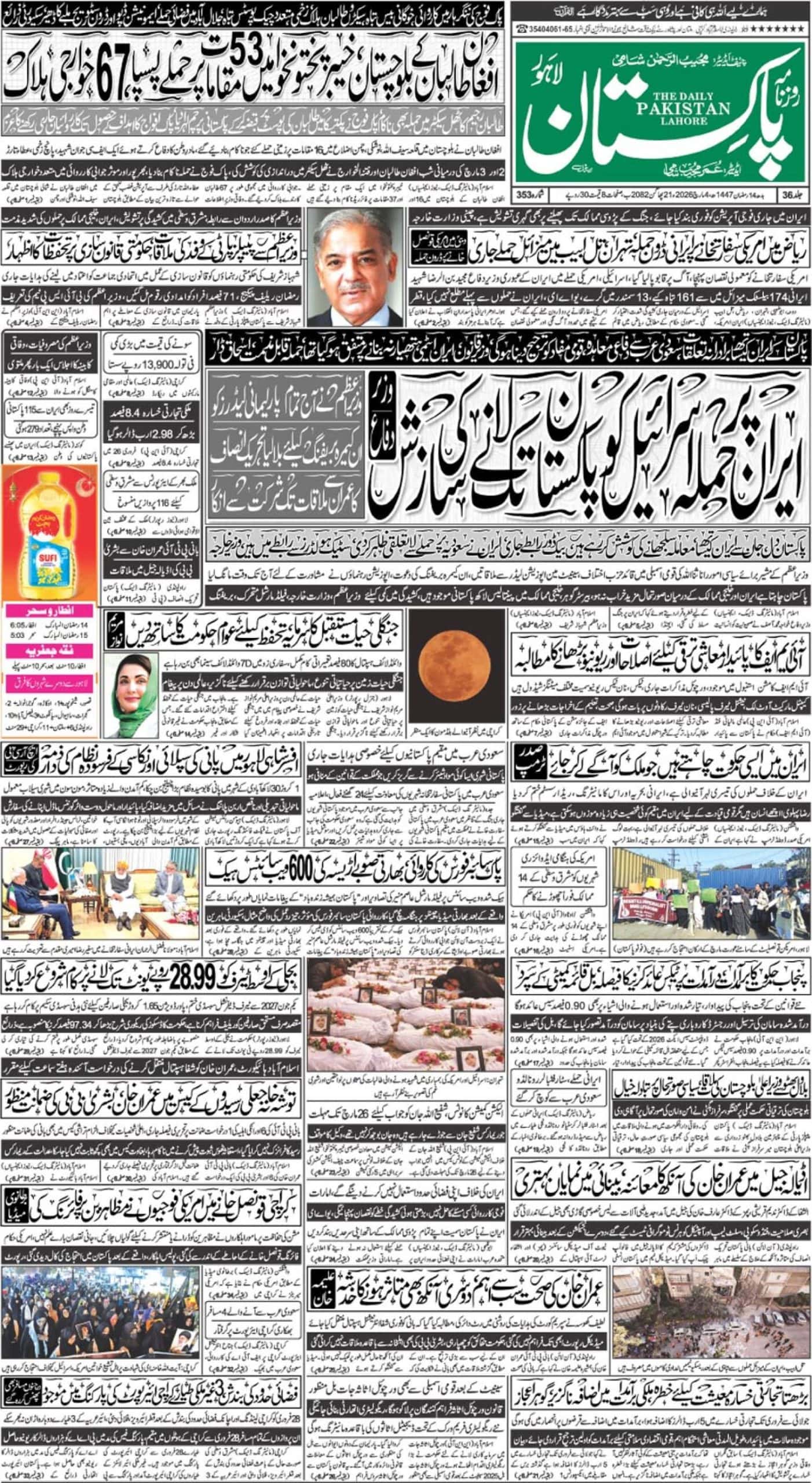Asif Ali Zardari, the seasoned politician and co-chairperson of Pakistan People’s Party (PPP), remains under limelight as he is running to become President for the second time.
Zardari’s political career has been marked by several ups and downs, including personal and political challenges, yet the 68-year-old has risen to the highest echelons of power in the country, serving as the President from 2008 to 2013.
He hailed from Karachi and received his early education at St. Patrick’s School. He later graduated from Cadet College Petaro in 1972, the same institution attended by former General Army chief and president Pervez Musharraf.
Zardari tied knot with Benazir Bhutto, the country’s first-ever female PM, in December 1987 and couple had three children: two daughters, Aseefa and Bakhtawar, and a son, Bilawal.
During his tenure as President, PPP leader faced major challenges including worst energy crisis, a fragile economy, a growing militant threat, strained relations with Washington, military tensions, nationwide flooding, insurgency along the southwestern borders, and the US operation that resulted in the death of Al Qaeda chief Osama bin Laden.
His support for the US and NATO in Afghanistan’s conflict with the Taliban drew criticism from opposition leaders. His presidency was also marred by controversies, including corruption allegations and the Memogate scandal involving Pakistan’s ambassador to the US.
Despite controversial political career, Zardari has been praised for his deal-making abilities and his role in restoring parliamentary democracy in Pakistan through the passage of the 18th Amendment to the Constitution in 2010.

